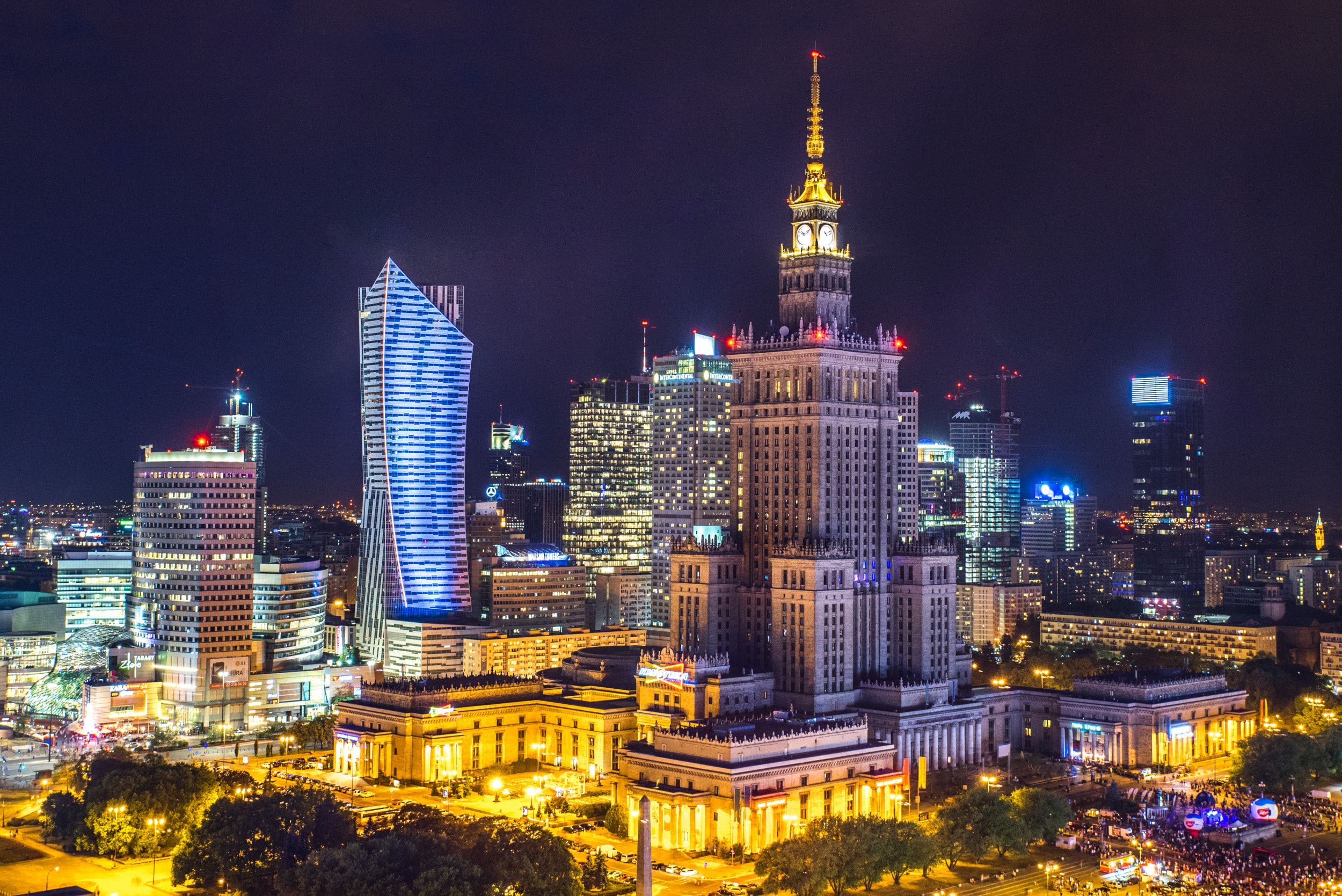The main axis of conflict today
As stated in the other articles, the main axis of conflict between the parties and the electorates used to be of economic nature. The ideological watering down of the Civic Platform and the lack of a clear positive program for Poland prove that the conflict is in a different place today.
I personally follow Stephen Davies and see the main differences in the identity, just as in many other countries like the US, France, the UK, or Italy.
The conflict doesn’t lie between the social PiS, and the liberal PO (which doesn’t exist), it is between the euro enthusiastic, economically strong metropolitan regions, and the euro-sceptic rural regions, which haven’t benefited from Poland’s economic reforms in the 90’s relatively as much as the bigger cities. It is true that the approval for the EU in Poland is among the highest in Europe, however like in many other issues, an approval doesn’t constitute a full identification with a certain idea or project.
It is much harder to argue for the cosmopolitan, European identity. It is much more diverse and harder to define and much stronger connected to complicated and abstract concepts like free trade, the exchange of goods and the perks of multicultural communication. Moreover the cosmopolitan identity seems to be connected closely to the EU, which despite its undeniable advantages like free movement of goods, capital and persons among the European states, is a deeply flawed project, with issues like bureaucracy, incompetence and political disorder, which even a cosmopolitan character can see.
The national identity is easier to explain and to express. With public education, literature, music, cinema and sports it has been embedded into the mind of people for many years.
The reality shows us that there are large groups in the population at the moment that choose parties standing for national identity over the cosmopolitan one. Those people voted for Brexit and the Conservative party in the UK, those people voted for protectionism and Donald Trump in the US and those people voted for PiS in all of the significant elections in Poland since 2015.
The situation in other countries differs in so far, as the intellectual, ideological and rhetorical weakness of the opposition in Poland has reached catastrophic dimensions. Ever since the Civic Platform gained power in 2007 they were sailing away further from their initial ideas and electorate.
Nobody is voting for PO with the hope of spending cuts. Nobody can imagine big tax cuts, and nobody believes they will lessen the bureaucratic burden both the citizen and entrepreneur have to face every day.
The electoral success can easily be explained by the fear of PiS and the possible instability caused by their government. Another explanation is the strong personality of Donald Tusk, who over many years was able to tame the other big player in Polish politics, Jaroslaw Kaczynski.
Leadership is never irrelevant, but in the situation, when a party becomes a-ideological, when there are no ideas the voter can identify with, leadership is crucial. Ever since Tusk departed to the EU, the Civic Platform has had three chairmen, Ewa Kopacz, Grzegorz Schetyna and the current Borys Budka. None of these aforementioned politicians were able to create an atmosphere of excitement and political freshness.
The party is still suffering from the unfulfilled campaign promises from 2007 to which the electorate still to a large degree sees them as incompetent and dubious. This in spite of them having built up a competent reputation.
In comparison to PO, PiS is simply able to score with credibility. Of course the party hasn’t fulfilled all of its election promises. However contrary to the civic platform they have fulfilled the cardinal points of their program, especially in the social sphere. Apart from that with Jaroslaw Kaczynski, they still have a dominant leader with whom the hard electorate can identify with.
Does this mean that PO and the opposition don’t have any chance of turning everything around? No. There is however a long term and a short term tactic.
Law and Justice is a party with an aggressive rhetoric, which thrives of controversy. Because of that, while they have a very stable hard votership, they also have a very strong negative electorate. The next chance to win an election are the presidential elections taking place this year (probably in June). Considering that the majority of the Polish electorate doesn’t vote for PiS, the chances of a win in the second round are not unrealistic. So far most of the surveys predict a win of the current president, Andrzej Duda, however there is a clear descending trend in his results. If the negative electorate will be strongly motivated, a president from the opposition is not impossible (more about the election in my next article).
However: In the long run the negative program isn’t enough. Poland needs a liberal formation with a competitive program and new credibility. There are still reserves of moderate and liberal voters, who would love to have their voices heard. As significant identity seems to be, it isn’t the only issue dividing the political scene, and having a positive, but different program is an advantage the parties cannot ignore. It is doubtful though that PO is this formation. The party has a much too stable base, which isn’t interested in leaving their positions.
And yet I remain optimistic and return to my intro: A nation so independent, so passionate and so exciting must be able to create a formation that reflects its character. In a country so fiery and vibrant, a non-ideological party like the PO must be an anomaly.
In a country so open, warm and sweet a party like PiS must be a phase…
There is still hope!
